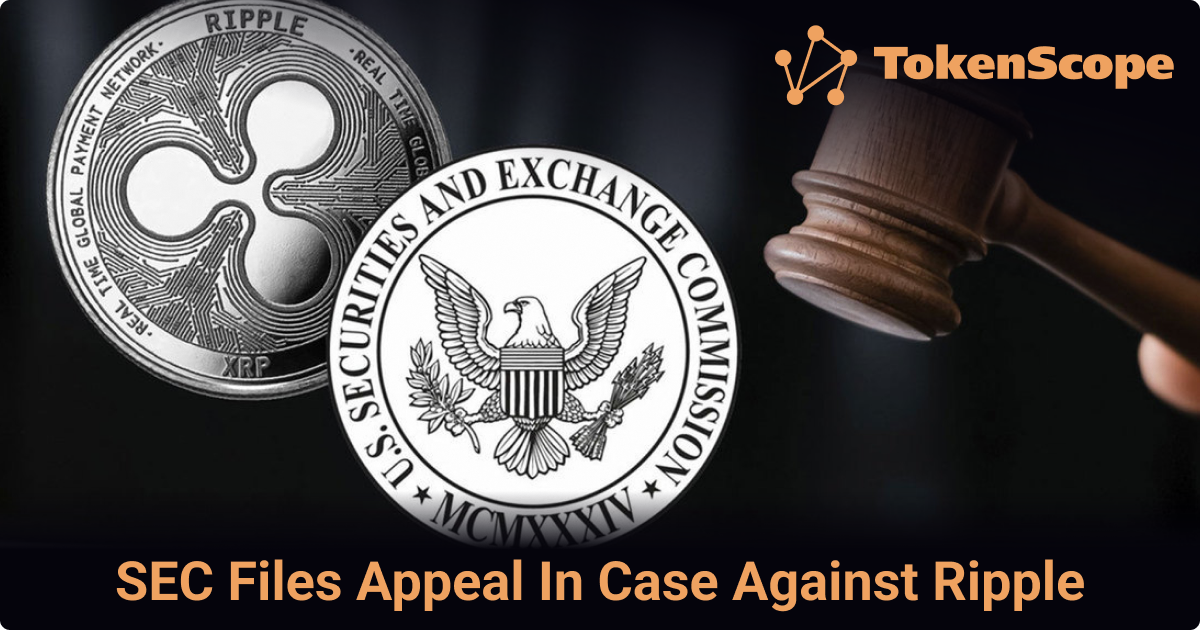Crypto regulation in the world: weekly digest #55
USA
On July 28, 2023, the Clarity for Payment Stablecoins Act passed the House Financial Services Committee. The bill was designed to address concerns that stablecoin issuers may evade federal oversight by opting in to be regulated by state authorities. It would require the U.S. Federal Reserve to write requirements for issuing stablecoins while preserving the authority of state regulators and also require stablecoin issuers to hold all reserves associated with each fiat currency-backed stablecoin.
The Bill is seen as an important step in regulating stablecoins, which are digital currencies designed to maintain a stable value relative to a particular asset or basket of assets. It highlights the importance of payment stablecoin legislation and could have significant implications for the cryptocurrency industry.
The key provisions of the Clarity for Payment Stablecoins Act are as follows:
- Regulatory Framework: The bill provides a clear regulatory framework for stablecoins, which are digital currencies designed to maintain a stable value relative to a particular asset or basket of assets. It aims to address concerns that stablecoin issuers may evade federal oversight by opting in to be regulated by state authorities.
- Federal Reserve Requirements: The bill would require the U.S. Federal Reserve to write requirements for issuing stablecoins. This would ensure that stablecoin issuers adhere to certain standards and regulations set by the Federal Reserve.
- State Regulator Authority: The bill aims to preserve the authority of state regulators in overseeing stablecoin issuers. This means that while the Federal Reserve sets requirements, state regulators would still have a role in regulating stablecoins.
- Reserve Requirements: The bill would require stablecoin issuers to hold all reserves associated with each fiat currency-backed stablecoin. This provision ensures that stablecoin issuers have sufficient reserves to back the value of their stablecoins.
- It is important to note that the bill has faced objections from Democrats and its passage is not guaranteed. It has passed the House Financial Services Committee and could be set up for a vote on the House floor. If it passes the House, it would still need to pass the Senate and be signed by the President to become law.
Canada
As we already wrote, in February Canada imposed a ban on the majority of stablecoins. This week the Canada's financial regulator has proposed strict new guidelines for bank and insurance sector crypto-asset exposure. These guidelines aim to address the regulatory treatment of crypto assets and ensure the stability and integrity of the financial system.
The key provisions of these guidelines include:
-
Capital and Liquidity Requirements: The proposed guidelines introduce new capital and liquidity requirements for banks and insurers that have exposure to crypto assets. These requirements are designed to ensure that institutions have sufficient financial resources to cover potential losses and maintain liquidity in the event of market volatility.
-
Risk Management: The guidelines emphasize the importance of robust risk management practices for institutions dealing with crypto assets. This includes conducting thorough due diligence on crypto asset exposures, implementing appropriate risk mitigation strategies, and establishing effective internal controls and governance frameworks.
-
Custody and Security: The guidelines address the custody and security of crypto assets held by banks and insurers. They require institutions to have adequate safeguards in place to protect the integrity and confidentiality of crypto assets, including secure storage solutions and measures to prevent unauthorized access or theft.
-
Reporting and Disclosure: The proposed guidelines also introduce reporting and disclosure requirements for institutions with crypto asset exposure. This includes regular reporting to OSFI on their crypto asset holdings, risk exposures, and compliance with the guidelines. It also emphasizes the importance of transparent and accurate disclosure to stakeholders, including customers and investors.
These strict guidelines reflect the growing concerns around the risks associated with crypto assets and aim to ensure that banks and insurers have appropriate measures in place to manage these risks effectively. The proposals are subject to consultation and may be further refined based on feedback from industry stakeholders before being implemented as official regulations.
Namibia
Namibia has taken a significant step towards regulating the cryptocurrency sector with the enactment of the Virtual Assets Act 2023. The bill, which became law on July, 26, aims to create a regulatory framework for virtual asset service providers and associated activities.
The Virtual Assets Act 2023 proposes the establishment of a regulatory body responsible for overseeing and regulating virtual asset service providers. This regulatory body will play a crucial role in ensuring compliance with the law and maintaining the integrity of the cryptocurrency sector in Namibia.
The Act will also specifically regulate the operations of crypto exchanges in Namibia which aims to provide a clear framework for the operation of these exchanges, ensuring transparency, security, and consumer protection.
The Act’s enactment marks the lifting of the ban on virtual assets in the country. This move demonstrates the government's recognition of the potential benefits of cryptocurrencies and their desire to create a regulated environment for their use.
By creating a regulatory framework and establishing a regulatory body, Namibia aims to provide clarity, consumer protection, and market confidence in the virtual asset ecosystem. This step towards regulation positions Namibia as a jurisdiction that is embracing the potential of cryptocurrencies while ensuring a safe and transparent environment for their use.
News from other countries:
-
Singapore and the UK partner for global crypto regulation standards. Both countries agreed to sustain their dialogue and collaboration on the regulation of crypto and digital assets.
-
Singapore High Court Declares Crypto as Property in Case Involving Bybit.
-
Data regulators of France and Britain are going to examine Worldcoin for gathering users biometric data. Worldcoin is a project by OpenAI CEO Sam Altman where users provide their iris scans in exchange for a digital identification and free cryptocurrency.
We continue to highlight the news of the world of crypto regulation worldwide. Please stay with us!




